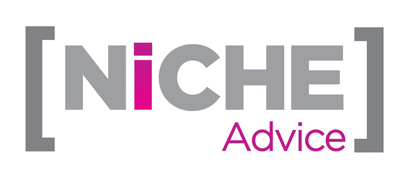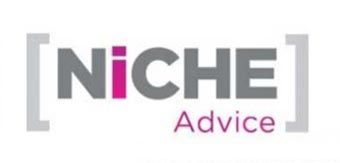 Whats the difference between Tracker Mortgage Products and Fixed Rate Mortgages?
Whats the difference between Tracker Mortgage Products and Fixed Rate Mortgages?
We often get asked the differences between a fixed and tracker mortgage so we’d thought the summary below would be useful. Of course, every clients needs are different so we would need to talk through the appropriateness which product to take on an individual basis.
Tracker Mortgage
- The rate is normally adjusted to reflect current market conditions.
- If rates rise the Tracker normally increases. If the rates fall the Tracker normally reduces unless there is a minimum pay rate (capped).
- Trackers can follow different underlying indices e.g. Bank of England Base Rate, Lender’s Base Rate, Libor etc.
- It is unlikely that you will be overcharged when comparing the market at any given time, although this cannot be guaranteed.
- As the rate is variable it can be cheaper than fixed rates that carry a rate guarantee.
- Set rate and mortgage payment for a duration of the product initial benefit period typically 2, 3, 5 or 10 years before returning to a variable rate for the remainder of the mortgage.
- Allows for budgeting as you know the cost of the mortgage each month.
- Fixed rates can suit anyone but might be particularly helpful for first time buyers to acclimatise to home-ownership for the first time; applicants approaching retirement; or landlords looking to let the property.
- Prudent to take one if you have concerns over the economy and prospect of rates rising.
- If you have had financial or payment difficulties in the past it is normally advised to take one.
- Sometimes long term fixed rates can provide more favourable affordability assessments.
- Locking into a fixed rate at a level above the market may result in paying too much.




